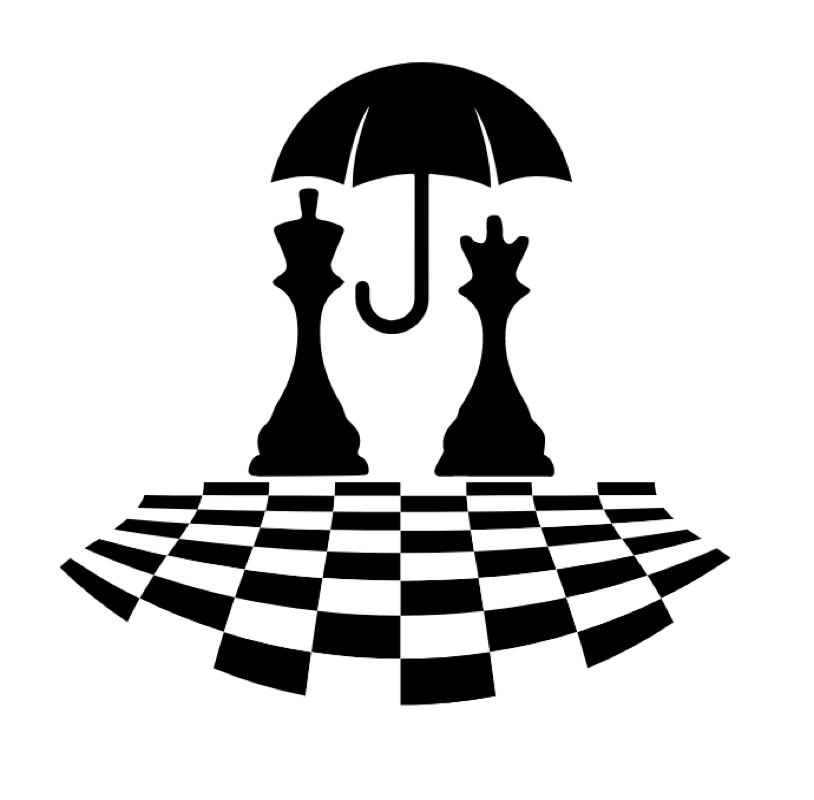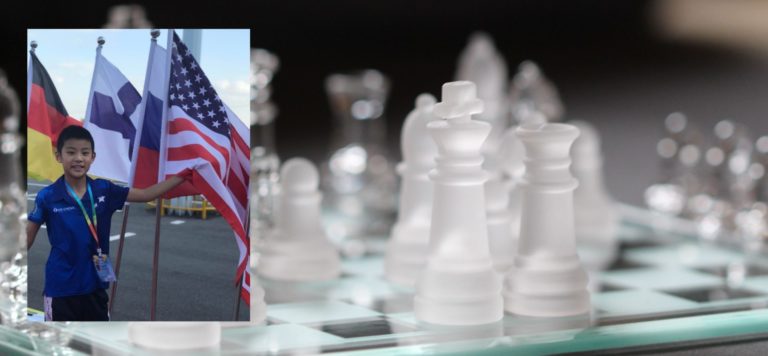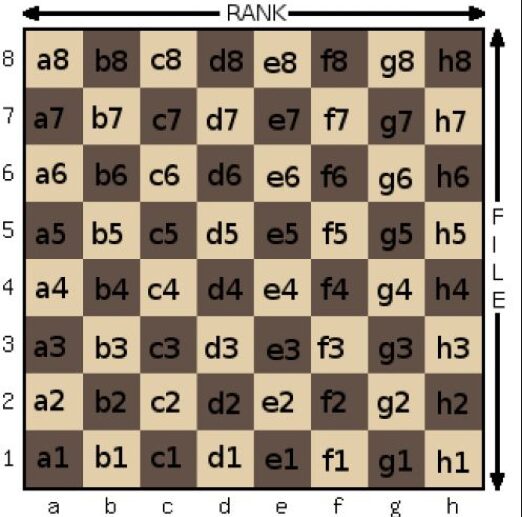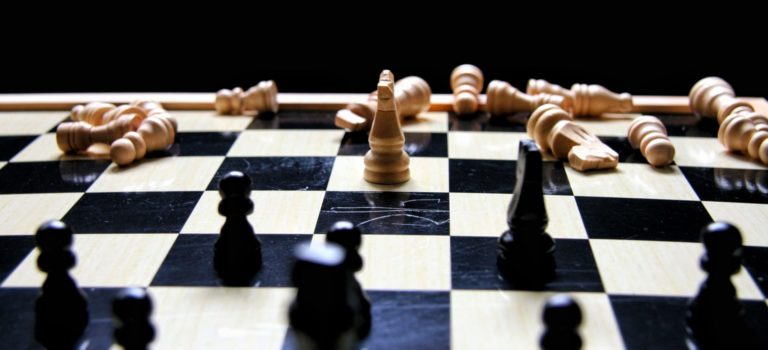“Are you sure that you’re supposed to sit there?”
Well, of course. I thought.
“I’m not sure. Let me check.” I said.
I walked over to the pairing board, and sure enough, I had sat… in the wrong place?
It was the sixth round of the North American Youth Chess Championship, a continental championship that is open for everyone in North America. The hundreds of players are split into sections, so each age/gender group doesn’t actually have many people. I was playing in the Girls Under 18 section (with, coincidentally, 18 players) as the highest-rated seed, so I was hoping for a good result.
As of that moment, I was starting to lose hope. Although I had started the tournament well with three wins (including against the second seed), I drew the next two games, both against players I had been hoping to score points against. At this rate, there were a few other players who could catch up to me.
To make up for my previous rounds, I had prepared extra hard for this round against Omya Vidyarthi. I had the white pieces in the previous round, so after my dad told me who my opponent was, I naturally started preparing how I would play as black. Confident in my lines, I exited my room, walked to the tournament hall, sat down on board one and waited for my opponent to arrive. Boring, predictable, just like every other game.
Until it wasn’t. My opponent arrived eventually, yes, but instead of sitting down across from me, she just stared at the board, as if confused about something.
“Are you sure that you’re supposed to sit there?”
Apparently, I wasn’t. Because my opponent also had the white pieces in the previous round, I was playing white. That meant all of my preparation I had done flew out of the window.
To make matters worse, my opponent played a line she didn’t usually play, which meant my pre-tournament preparation was also useless. I obtained a really good position from the middlegame, but my damaged emotional state made me play a few bad moves, and in the end I had to settle for a draw.
In the final part of the tournament, luck started favoring me, and I won my last three games. This was enough for me to win my section, but barely. Still, a win is a win, and I am happy to announce that as the first place winner who has already crossed 2000 FIDE, I will become a Woman’s International Master (WIM) in a few months, once it is verified.
This tournament was full of ups and downs, and I think my chances would have been improved a lot if 1) I had bothered to double-check my assumptions, and 2) I had managed to calm down upon discovering I had made a mistake (both after the two draws and after discovering I had prepared for the wrong color). Both were lessons I already knew, but ones I assumed I had mastered already. Dangerous things, those assumptions…




